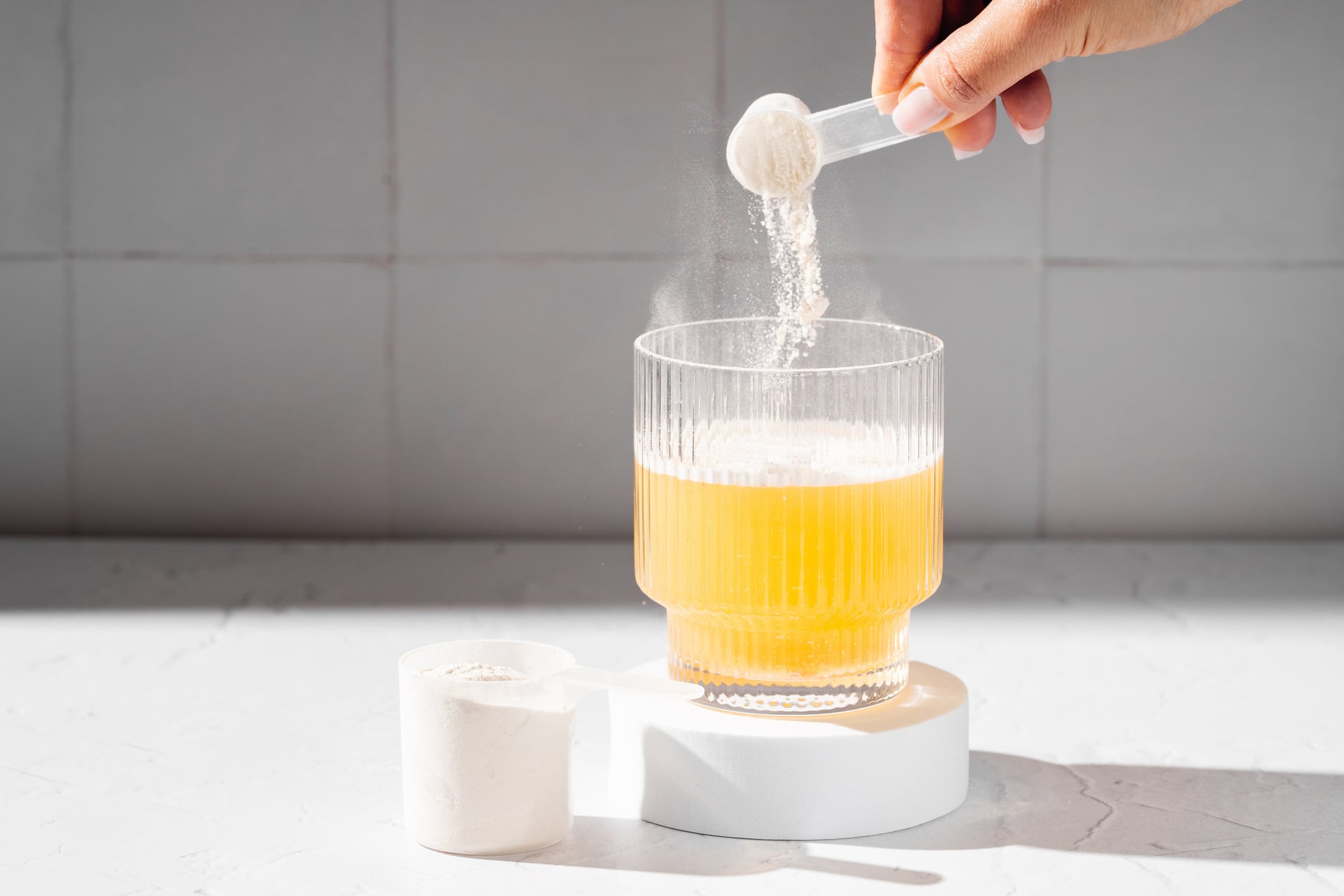A new UK-based clinical study published in the British Journal of Dermatology highlights the connection between skin bacteria found on various areas of the body and psychological well-being.
The research was undertaken by scientists at British FMCG company Unilever in partnership with the Microbiome Innovation Centre and the Brain & Behaviour Lab, University of Liverpool.
The study assessed skin microbiome samples from different body areas, including the face, scalp and underarm, along with responses to psychological well-being questionnaires.
Findings revealed that higher levels of a common skin bacterium, Cutibacterium (known as C. acne), were linked with improved psychological well-being
More specifically, having higher amounts of Cutibacterium on the face and underarm was associated with lower stress levels, while higher levels of the bacteria on the underarm skin was associated with improved mood.
Overall, increased Cutibacterium across multiple body sites was consistently associated with more positive mental wellness.
Although there has previously been plenty of research on the correlation between gut microbiome and mental health, this is the first study that focused on the skin microbiome’s role in mental wellness.
Study details
For the study, 53 participants underwent microbiome sampling via skin swabbing from the forearm, face, scalp and the armpit. They also completed psychological measures of global/general well-being (Affect Grid, Sleep Quality, Stress NRS-11, PSS-10) and body site-related well-being.
The bacterial DNA extracts were analyzed using quantitative polymerase chain reaction (qPCR) and Illumina sequencing of the V1 – V2 region of the 16S gene.
The microbial diversity was computed as Shannon diversity and Faith’s Phylogenetic diversity. Correlations were determined between psychological measures, microbial diversity and genera for each body site.
According to the study authors, these findings highlight, for the first time, “the nuanced relationship between skin microbiome and psychological well-being.”
The fact that increased Cutibacterium was consistently associated with positive well-being outcomes “underscores the need for further investigation into specific bacterial taxa that may be involved in a skin-brain axis, as well as the importance of specific microbial communities on the body and their potential influence on this connection,” they reported.
The emerging concept of the skin-brain axis
Unilever said that it maintains one of the world’s largest collections of human skin microbiome data—with over 100 patents secured and over 30,000 samples analyzed.
According to chief R&D officer for Beauty & Wellbeing at Unilever, Jason Harcup, these new insights support the concept of the skin-brain axis.
“Research has shown that bacteria in the gut can affect psychological well-being, but the role of skin bacteria has been less understood, until now,” he said.
“Our results reveal that greater relative abundance of Cutibacterium across various body regions is associated with enhanced well-being, reduced stress and improved mood, suggesting for the first time that the skin microbiome may impact mental well-being.”
Harcup said the findings were also important “because we know consumers no longer see the pursuit of beauty and well-being as independent of each other.”
He noted how beauty shoppers are now looking for products that support physical appearance, mental well-being, and positively contribute to overall health.
“By advancing our scientific knowledge of the skin-brain axis, the goal is to develop holistic products that improve the well-being of our consumers, inside and out,” he added.
Source: British Journal of Dermatology. doi: 10.1093/bjd/ljaf177. “Body-site specific associations between human skin microbiome composition and psychological wellbeing”. Authors: J Tyson Carr et al.





